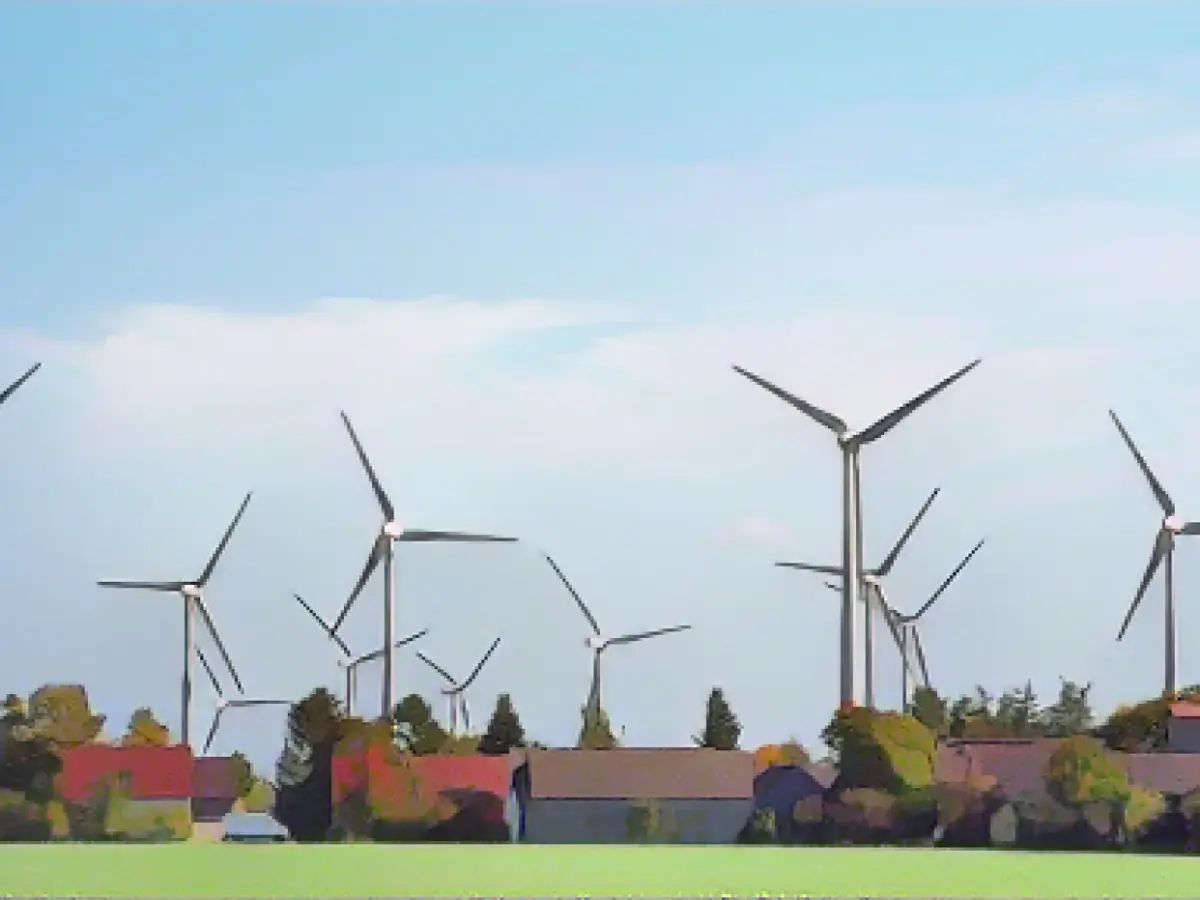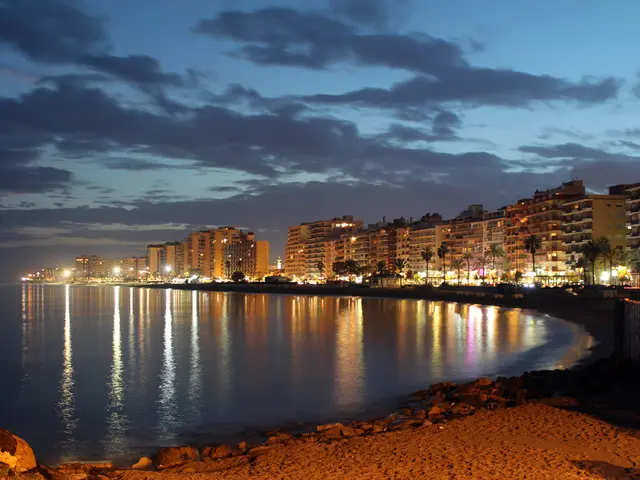The EU is seeing record levels of wind and solar energy production, saving billions in gas costs and lessening reliance on Russian gas imports. Between March and September, the 27-nation bloc saved 99 billion Euros, avoiding gas imports and slashing costs compared to the previous year by 11 billion Euros. With Europe trying to free itself from Russian gas dependence, which Moscow occasionally curtails or halts to exert influence, the EU has been forced to confront its costly reliance on the resource. In 2020, around 41% of the EU's imports of fossil fuels came from Russia.
Since the start of the conflict, wind and solar energy have contributed a quarter of EU electricity. A new report reveals that 19 EU member states generated record amounts of wind and solar energy since March. Poland saw the most significant increase, with a 48.5% rise, while Spain led in absolute gains, producing 7.4 Terawatt-hours (TWh). By generating renewable energy in Spain, 1.7 billion Euros were saved in financing imported natural gas.
Think tanks E3G and Ember warn that the EU has yet to fully tap its potential for renewable energy. While fossil fuel use still accounted for about 20% of the EU's electricity in the same period and cost around 82 billion Euros, Chris Rosslowe, Senior Analyst at Ember, believes that wind and solar energy can help Europeans to a greater extent in the future.
The report suggests that "more renewable energy, less inflation" is a simple course of action. Although energy prices remain high in Europe, the Russian gas supply restrictions have led to Europe's most significant inflation shock since the end of World War II, surpassing the oil crises of the 1970s. In September 2022, energy costs were 40.8% higher than the previous year, accounting for 36% of total EU inflation data.
Some EU countries have announced fiscal aid packages worth hundreds of billions to mitigate inflation, primarily targeting energy subsidies for heating fossil fuels. However, many businesses and households still struggle to pay their energy bills. The report warns that governments may not be able to sustain such costly programs to compensate for persistently high fossil fuel prices.
To prepare for the coming winter, the European Union has successfully filled gas storage tanks throughout the season. However, questions around closing the gap during the upcoming warming season remain. As a result, it's more important than ever to focus on measures for the winter of 2022/2023 and beyond, according to the report.
The EU growth in renewable energy adheres to the European Commission's "RePowerEU" proposal, which seeks to raise the share of renewable energy in the total energy mix from 40% to 45% by 2030.








